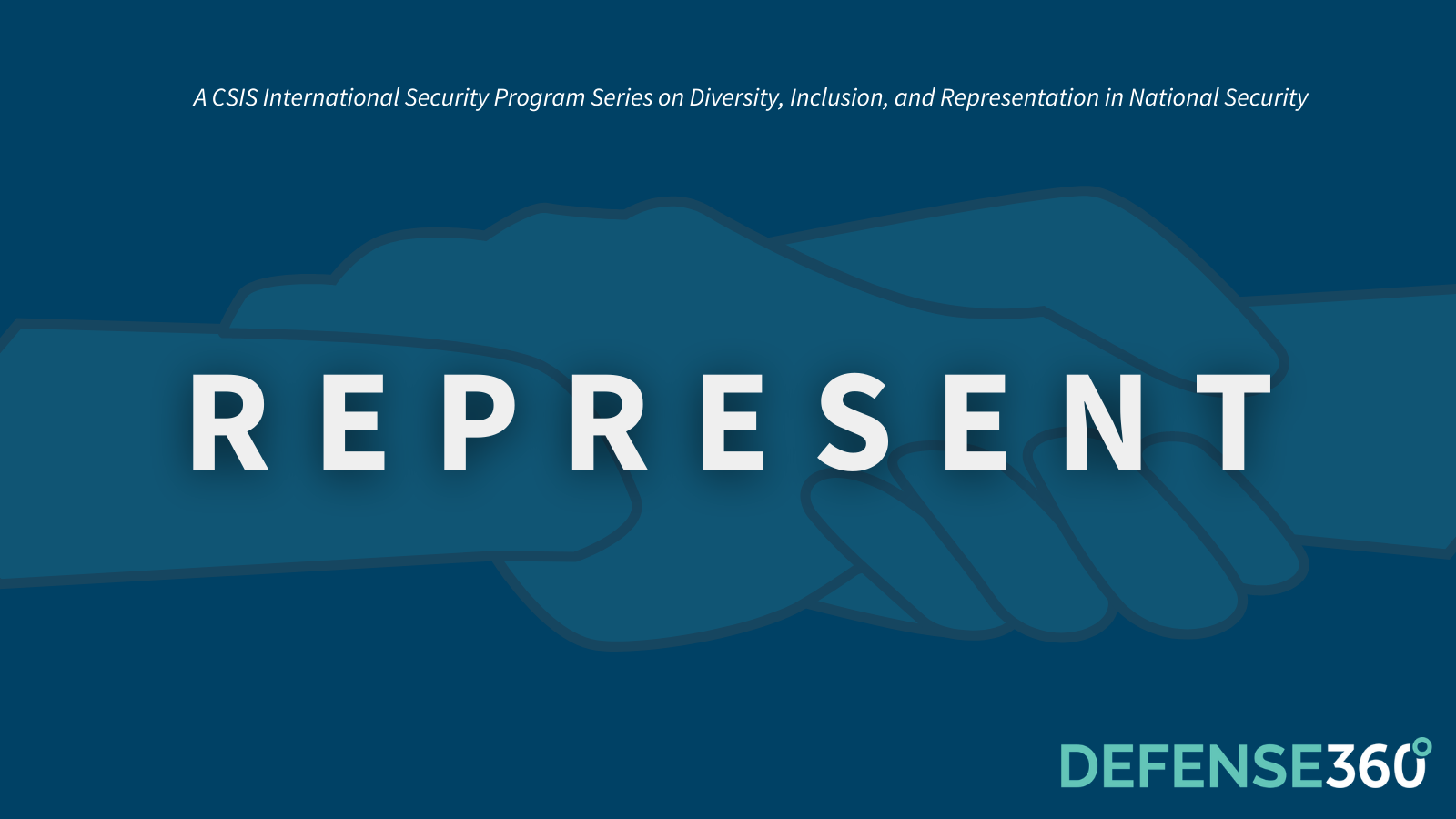What Russian Meddling Teaches Us About America
Terrell Jermaine Starr provides historical examples of Russia exploiting pre-existing racial tensions in the United States and argues that America will continue to be vulnerable until it course-corrects from its racist past and present.




